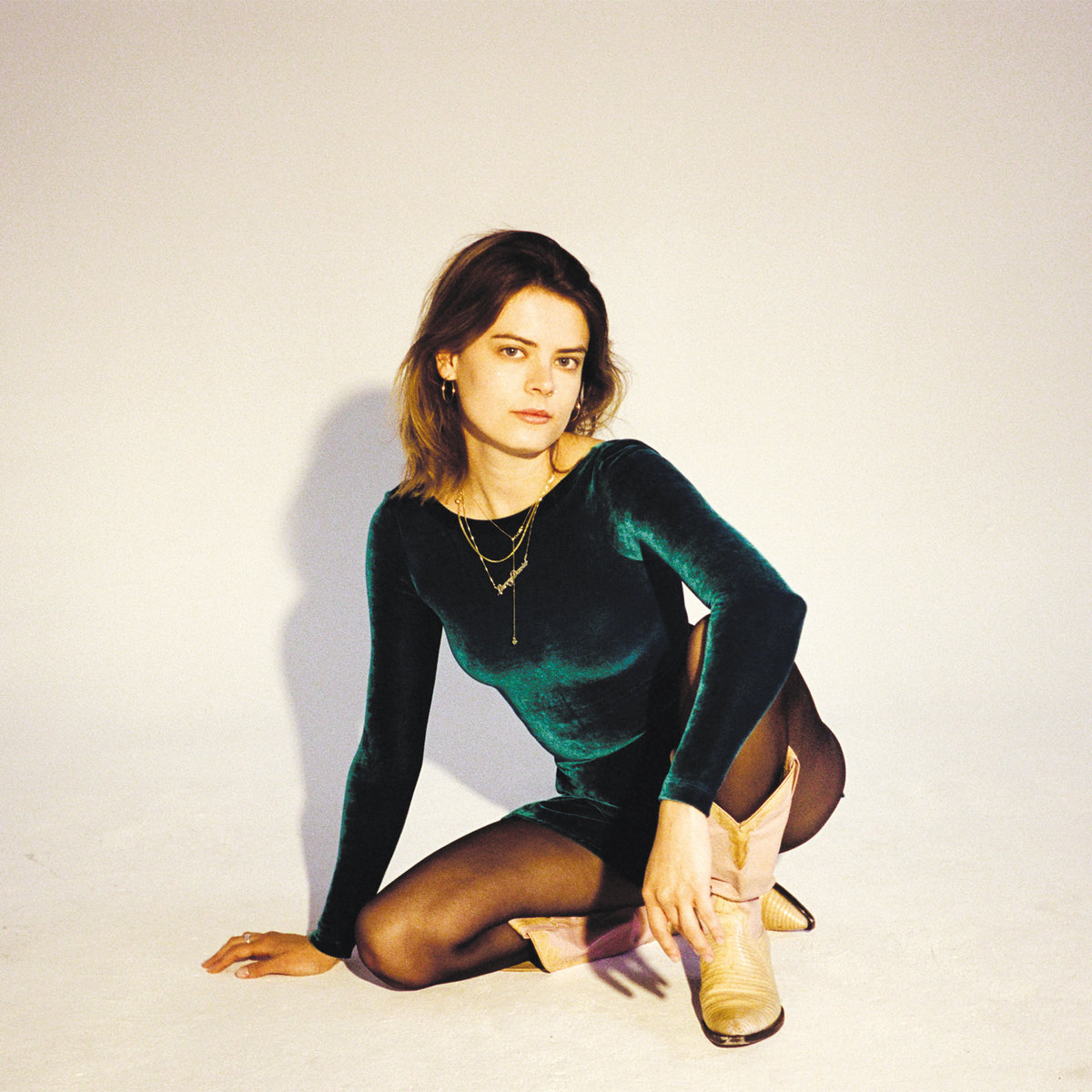Sara Bug – Sara Bug

Sara Bug opens her debut album simply enough, with a hushed
vocal melody and some understated guitar strumming. It evokes the solitude of
an artistic debut, while framing Bug as the star of the show. But gradually “Die
With You” build itself up to include a full arrangement of strings and electric
guitar, never overcoming Bug’s personality or her melancholy but instead
charting the growth of the song from it’s humble beginnings to its place at the
head of the table.
“Die With You’ dates back to 2013, a rumination on young
love and Bug’s need for approval at that time, it’s place on her debut eight
years later, serving to repurpose that same message. Much like the song’s sonic
development from an acoustic ballad to a full, lush arrangement, the message
doesn’t show Bug relying on anyone else, but instead giving us a solo,
self-titled album.
Bug is based out of Nashville, Tennessee, and as expected
her back-up on the album is first rate. Besides playing the bulk of the
instruments herself, Bug enlists multi-instrumentalists Bennet Littlejohn and
J. Gardner along with Bassist Christian Baraks to fill out the rest. The group
sounds like a collection of old pros, loose enough to match Bug’s naivete charm
but tight enough to give the album the weight that it needs.
Without it, Sara Bug could easily come off as slight, a
singer-songwriter who’s pretty good at singing and pretty good at songwriting
but eternally bound to make subpar bedroom pop. Bug, instead, emerges fully
formed, honing a sound that even at its most conventional, finds ways off
squeezing in a little personality. “Ride on Sundy” and “Rosebank” for instance,
both ostensibly about Bug’s motorcycle, use their motif to pick at the album’s
themes of isolation and rejuvenation, respectively.
Sara Bug represents the end of seven years of writing
and struggling artistically for the singer, a period that featured Bug growing
to become more mature, more successful and more confident. “Lotta Pride”, one
of her strongest moments on the album, finds a way to squeeze a concise pop
song full of dejection and wit into less than a minute and a half. Bug runs
through the death of her aunt and simultaneously the death of her life in New
York City before returning home to her family. Fittingly, her Nashville twang
is on full display here, as is her sense of humor, shrugging off her
aspirations and goals in favor of spending more time with her brother,
something that only seems like the right decision in hindsight.
Likewise, “Beholder” fits a lot of exposition into a short,
little track. Coming in towards the end of the album, it covers much of the
same themes as “Die With You” while at the same time negating the entire
purpose of the opening track. Bug has fessed up that despite everything that’s
happened since she wrote “Die With You” she still cares very much what people
think, but at least she’s willing to admit it. Maybe the important part is,
this time, it’s not her boyfriend she’s worried about.
If there’s one major drawback to Bug’s debut it’s the
inclusion of “Back In Nashville”. The would-be bonus track, Bug’s attempt at
making a cheesy country song, works a little too well, feeling detached and out
of place amongst her more personal work. “Back In Nashville” is a testament to
her versatility, especially on an album that focuses so much on personality but
ultimately that’s the problem. A track that would have worked great as a
one-off single, ends up complicating a more concise concept and sticking out
like a sore thumb.
Maybe that’s the point, after all Bug spends most of the
album presenting a changing version of herself, one that seems to mature and
grow by each passing song. By the end of the album even Bug seems to have grown
tired of the concept she made for herself. Regardless, the greatest strengths
on Sara Bug are readily apparent, and as far as breezy, mini albums go,
this collection of songs, strewn together from almost a decade of personal
anguish and development, sounds effortless. Bug may need to prove just how
accomplished she is on future releases, but for now, she has defined herself
well, and that’s all you can ask from a self-titled album.
Comments
Post a Comment